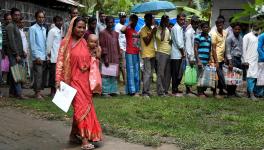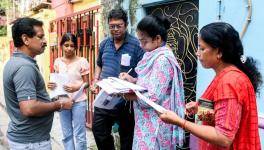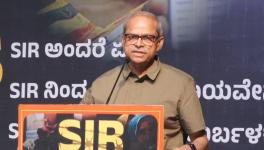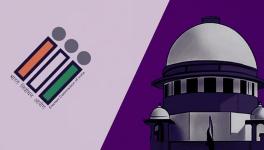‘10 of 11 Voter ID Documents Can be Forged’, SC Tells ECI
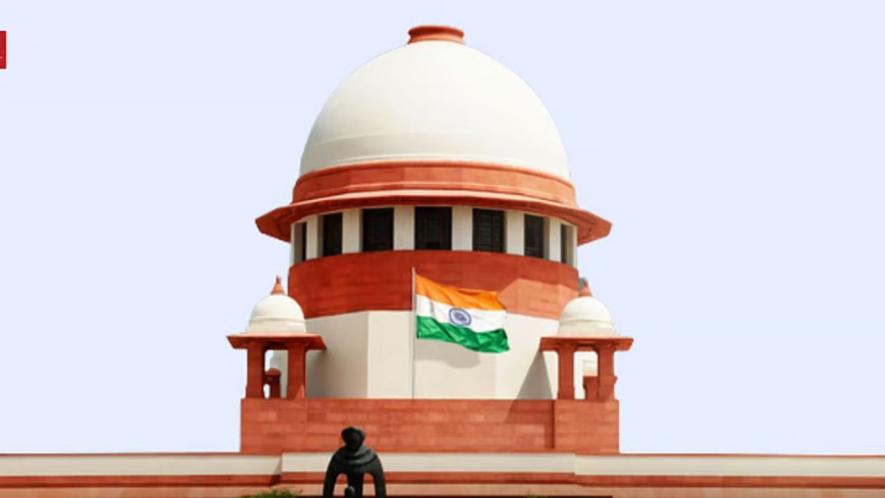
The supreme court on monday told the Election Commission of India (‘ECI’) to adopt a voter verification approach based on “mass inclusion, not mass exclusion,” as it questioned the Commission’s refusal to accept Aadhaar and Electoral Photo Identity Card (‘EPIC’) as valid proof of identity under the ongoing Special Intensive Revision (‘SIR’) of electoral rolls in Bihar.
A bench of Justices Surya Kant and Joymalya Bagchi did not support the ECI’s argument that Aadhaar and EPIC cards can be forged, pointing out that “10 out of 11 documents already accepted by the Commission can be equally fake.” The Court said forgery is always a possibility, but that cannot be a reason to summarily discard widely held documents like Aadhaar or voter ID cards.
“Tomorrow, 10 out of 11 documents may be found to be fake. It has to be seen on a case-to-case basis,” Justice Kant observed.
The bench added, “For that matter, any document on Earth can be forged.”
The oral observations came during a hearing on a batch of petitions challenging the June 24 ECI order initiating SIR in Bihar ahead of the State Assembly elections due in October–November 2025.
The Court said Aadhaar and EPIC should be accepted as identity proofs for SIR, urging the ECI to avoid exclusions of identity proof. Earlier on July 10, the vacation bench had asked the poll panel to consider, in the interest of justice, the Aadhar Card, Electors Photo Identity Card (EPIC), which is issued by Election Commission of India itself, and the Ration Card, as identity proof.
Senior Advocate Gopal Sankaranarayanan sought an interim stay on the August 1 publication of the draft rolls under the SIR, arguing that petitioners refrained from seeking interim relief earlier because they were assured a hearing before that date.
-
The bench declined to stay publication, citing the vacation bench’s July 10 order which had noted that petitioners were “not pressing for interim stay at this stage.”
-
The matter has been posted for Tuesday, July 29, for setting a final hearing schedule.
Under the SIR guidelines, the ECI has mandated that voters not found on the 2003 rolls must provide proof of Indian citizenship. For those born after December 2004, documents of both parents are required, and where a parent is a foreign national, passport and visa records at the time of birth must be submitted.
This move has drawn sharp criticism from civil society, with petitioners—including Association for Democratic Reforms (‘ADR’), People’s Union for Civil Liberties, TMC MP Mahua Moitra, RJD MP Manoj Jha, and activist Yogendra Yadav—arguing that the directive:
-
Violates Articles 14, 19, 21, 325, and 326 of the Constitution.
-
Contravenes the Representation of the People Act, 1950 and Rule 21A of the Registration of Electors Rules, 1960.
-
Shifts the burden of proof from the state to the citizen.
-
Excludes widely held documents like Aadhaar and ration cards, disproportionately affecting poor and rural voters.
In its affidavit filed before the Supreme Court, the ECI has argued:
-
The process is constitutionally backed by Article 324, which gives it plenary powers over electoral roll preparation.
-
The documents required under SIR mirror the provisions of the Citizenship Act, 1955—particularly Section 3 relating to birth-based citizenship.
-
Citizens not submitting forms by July 25 can still file claims up to September 1 to be included in the final roll.
-
Political parties have been provided lists of those whose forms are pending, and have been roped in to help trace and include them.
-
94.68% of electors have already been covered under the ongoing revision.
-
No voter’s name will be deleted without a fair hearing and a reasoned order from the Electoral Registration Officer (ERO).
The ECI has also clarified that those who were on the 2003 rolls need not furnish fresh documents and can establish eligibility through that record. Children born after 1985 can also claim voter status using their parents’ presence on the 2003 roll.
The matter will be taken up again on Tuesday, July 29, for the Court to decide on timelines for final arguments and to set a schedule for the main hearing.
In the meantime, the Court's message was unequivocal: “Democracy demands inclusion, not exclusion.”
Courtesy: The Leaflet
Get the latest reports & analysis with people's perspective on Protests, movements & deep analytical videos, discussions of the current affairs in your Telegram app. Subscribe to NewsClick's Telegram channel & get Real-Time updates on stories, as they get published on our website.









